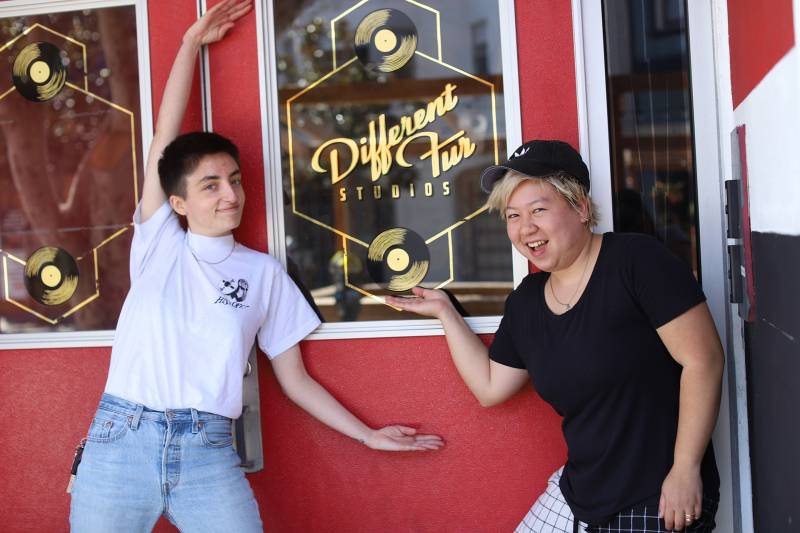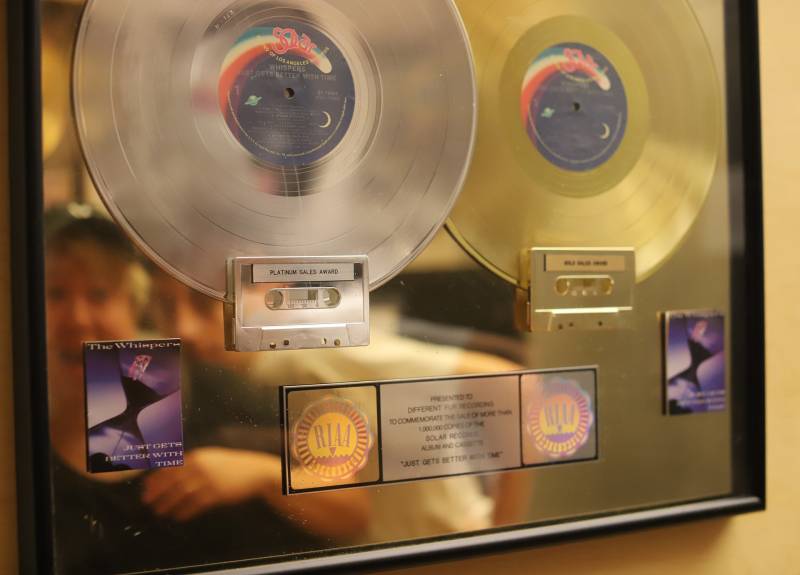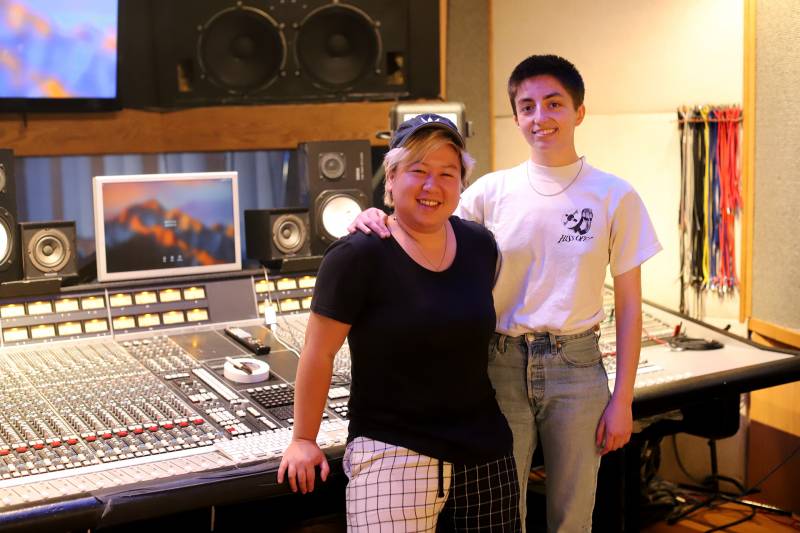Grace Coleman was fine-tuning a mix in her garage during the pandemic lockdown last year when she got an unexpected call from her boss, Patrick Brown.
“I was like, ‘Oh, man.’ Because if he calls you, it’s an emergency,” says the audio engineer.
To her surprise, Brown had good news. He explained that he had become too busy with his music label, Text Me Records, to keep up with demand at his recording space, Different Fur Studios. He wanted to see whether Coleman wanted to take over Different Fur while he focused on Text Me, and whether she wanted to co-own the business with her longtime friend and colleague Lien Do.
At first, Coleman and Do were intimidated. Though they have a combined 14 years of engineering experience, neither had ever owned a business. COVID-19 restrictions hadn’t yet lifted when Brown made the offer, and demand for studio time slowed down pretty substantially in 2020. Artists lost income from canceled tours and couldn’t afford to record, and they weren’t rehearsing new material anyway out of fear of spreading the virus. The entire studio ecosystem had been disrupted.
“I kept refusing, actually, until I knew that I was doing it with Grace,” Do says when I meet the pair at Different Fur, nestled between cocktail bars and taquerias in San Francisco’s Mission District.




